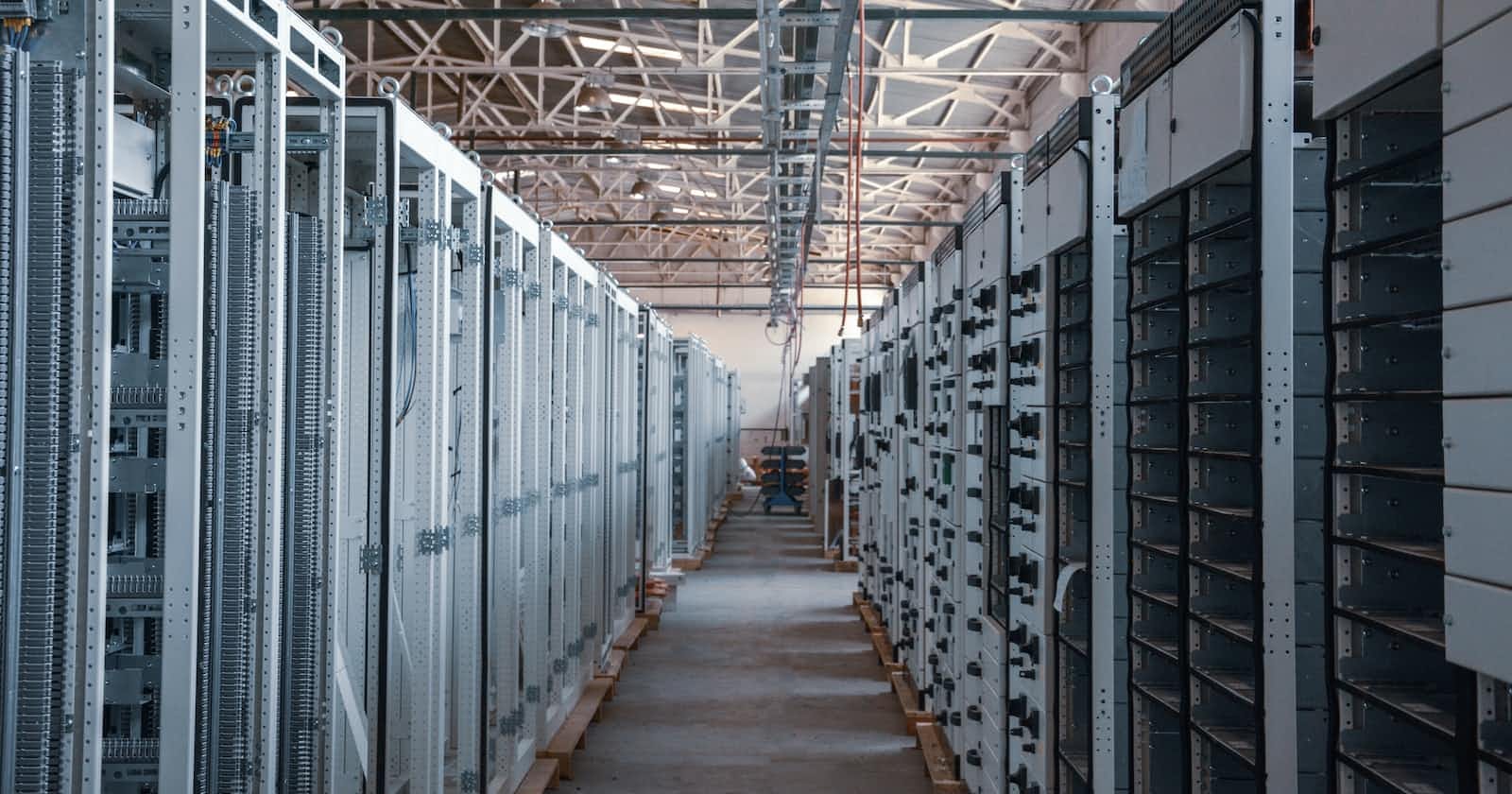
Photo by İsmail Enes Ayhan on Unsplash
The cloud: a chance and a risk
Between great opportunities and serious threats to the Internet
This text was originally published in the Internet Society's Open Forum community by Valentin Binotto.
It is hard to imagine today's Internet as known to the average user without the many forms of cloud computing. All too often, the use of third-party IT systems to provide a wide variety of services is not obvious to the user.
Without question, this form of storing and processing data has its advantages: No acquisition costs for servers, etc., but rather more and more on-demand price models are very attractive, especially for companies.
However, this trend of even major IT companies outsourcing large parts of their infrastructure (such as web, mail or DNS servers) to cloud service providers also gives cause for concern.
For example, there is the danger posed by monopolies in general. In recent years, there have been several failures of large cloud providers, and these restrictions on the services of these companies have had an extreme impact on the various web services provided by various companies. The possibility of sudden changes in the contractual terms of cloud providers can also cause headaches: Once all or large parts of a company's or individual's infrastructure is outsourced to a particular provider's cloud, it would be extremely costly to re-integrate these outsourced sites, data, etc. into one's own infrastructure.
Once all or large parts of a company's or individual's infrastructure is outsourced to a particular provider's cloud, it would be extremely costly to re-integrate these outsourced sites, data, etc. back into one's own infrastructure.
Consequently, companies and private individuals would have to be satisfied with the provider's new regulations and accept them, even if, for example, the free availability of information or the confidentiality and privacy of their internal data is threatened.
This centralization of resources, which is essential for a free and open Internet, takes place not only in the form of outsourcing web-servers but also through the use of " third-party " DNS servers. There is, after all, a certain risk that governments will try to persuade commercial operators of DNS infrastructure to exclude certain domains etc. from name resolutions or otherwise disadvantage them.
Given these risks [...] the question arises whether we, more technically skilled users or IT professionals, do not have a certain form of obligation, for example, to host our own website [...] on our own infrastructure.
Given these risks, which the increased outsourcing to the cloud represents, the question arises whether we, more technically skilled users or IT professionals, do not have a certain form of obligation, for example, to host our own website or our document storage on our own infrastructure. While we can't stop the trend of companies relying more and more on the third-party cloud anytime soon, we can, for example, make opinions we deem important available independent of the cloud. For example, we could mirror certain web pages to have copies of important pages even in the event of third-party cloud failures.
Of course, this might be a big challenge, e.g. in terms of hardware maintenance etc., but it would still be a small step forward. But this way we could still take a small step in the direction of decentralization of the web. Because of the current increase in outsourcing of web servers etc. to the cloud, important resources are (unintentionally) centralized with a few cloud providers and thus become vulnerable to censorship and restrictions by authoritarian governments or profit-seeking companies.
